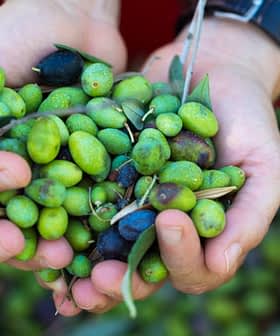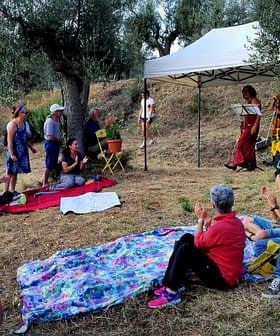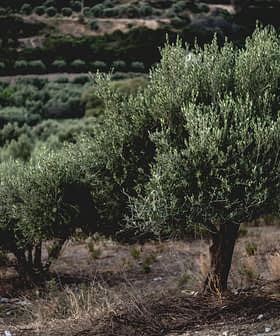Having moved on to a new era after the fall of the regime, Libya wants to expand its sources of revenue to stop being completely dependent on hydrocarbons. The Libyans are turning to the earth in an attempt to revive the agricultural sector which was abandoned during the past decades.
Olive trees have been present in the country since ancient times and today there are 8 million trees giving 32,000 tons of olive oil, putting the north African country at the 12th place of olive oil producers worldwide.
According to the Libya Herald, the government aspires to strengthen the olive oil sector and take steps to export Libyan olive oil to European markets. For this to become feasible, a marketing strategy and a ‘national label’ will be developed to signal the oil’s origin. Supporters hope it will take its place as a mark of quality in the minds of consumers in foreign markets. Until now, Libya’s olive oil exports have been virtually non-existent with only some individual farmers having shouldered the task with no data available. In 2010 there was a reported 1,000 tons of olive oil exported, according to the Index Mundi country profile.
Farmers are now experimenting with the Spanish Arbequina variety and results are encouraging. Arbequina gives highly aromatic fruits and it seems that its relatively small size and endurance make it the right tree for the climate. Only 2 percent of Libya’s 680,000 square miles is arable land, so every inch of it is valuable and the trees and cultivating techniques must provide the best possible yield.
Recently, Libya and FAO (Food and Agriculture Organization of the United Nations) commenced a cooperative program to develop the agricultural sector of the country and improve food security, with the stakeholders being the farmers, the fishers, the traders and consumers.








